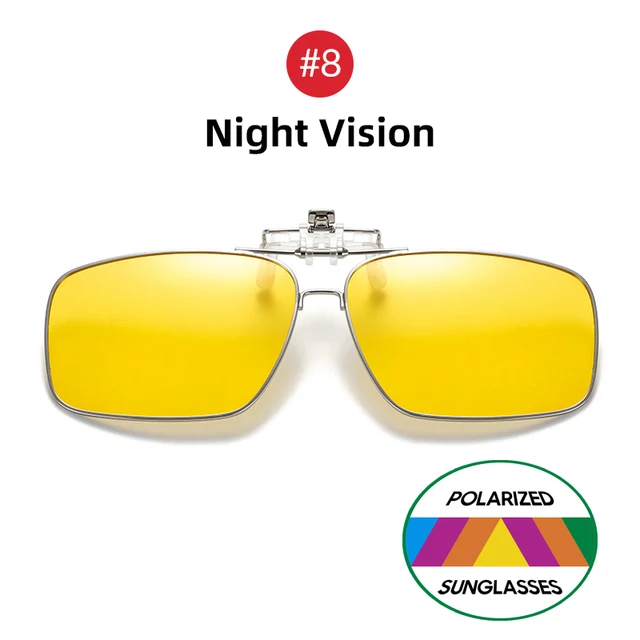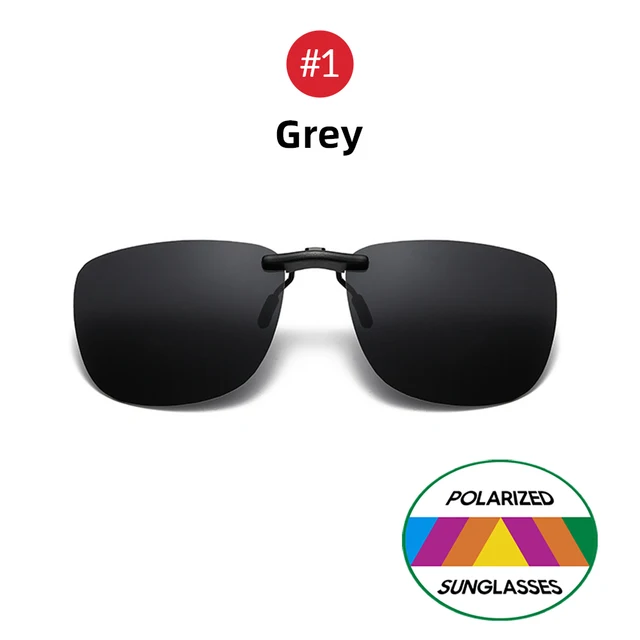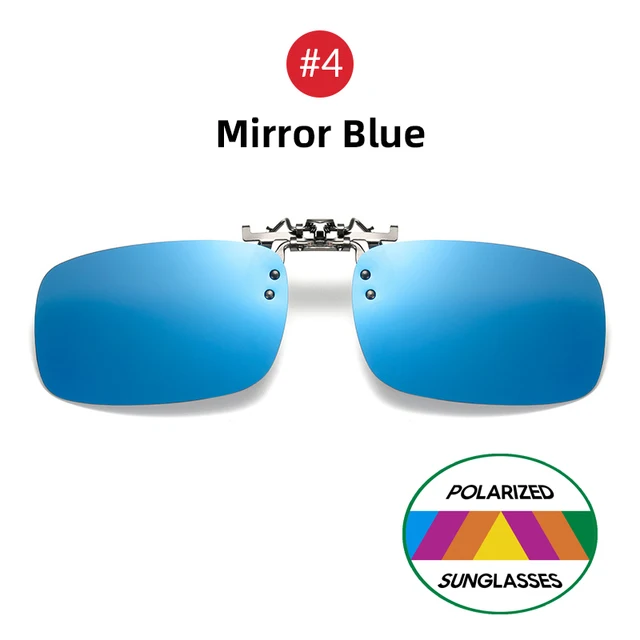9 Key Insights on Polarized Sunglasses You Need to Know
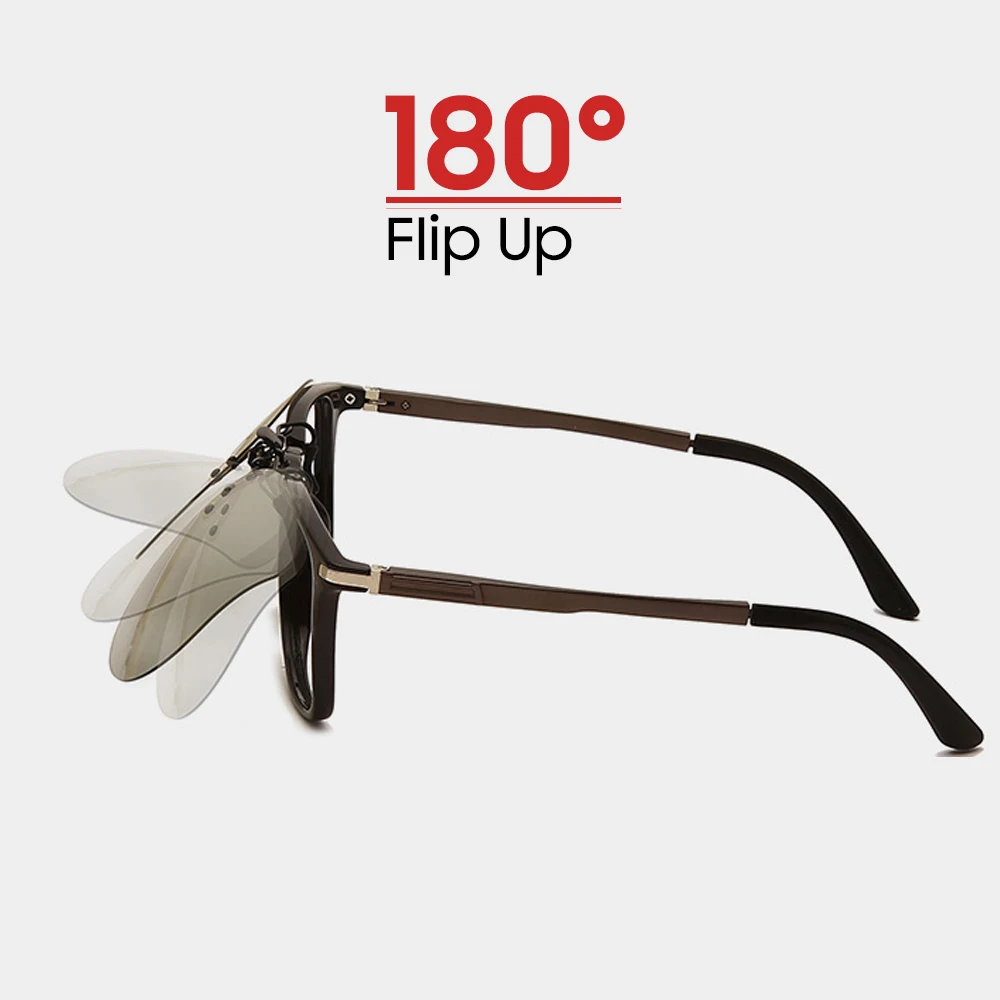
Is polarized worth the money?
Polarized sunglasses are worth the investment for many people due to their ability to reduce glare, enhance visual clarity, and protect your eyes from harmful UV rays. These features are particularly beneficial for outdoor activities such as driving, fishing, and hiking, where glare can be a significant issue. The improved comfort and reduced eye strain that come with wearing polarized lenses can make a noticeable difference in daily activities.
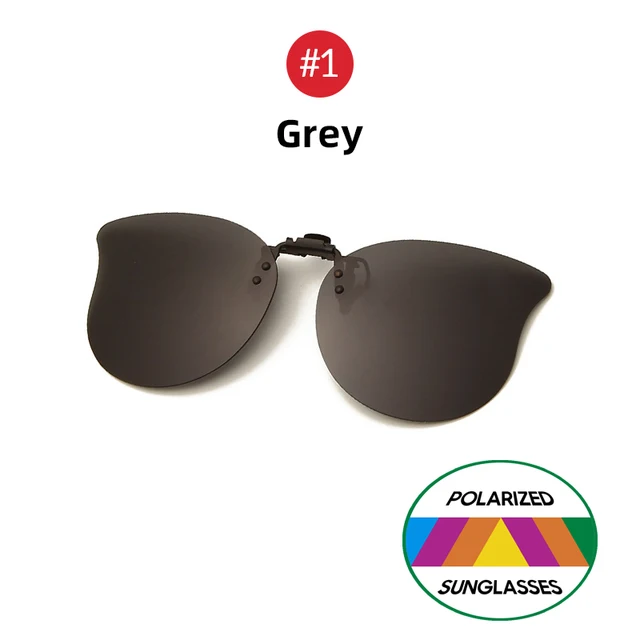
Why is polarized so expensive?
The higher cost of polarized sunglasses is due to the advanced technology and materials used in their production. Polarized lenses contain a special filter that blocks horizontally oriented light waves, reducing glare from surfaces like water, roads, and snow. The manufacturing process for these lenses is more complex and requires higher quality materials to ensure durability and effective polarization. Additionally, branded and designer polarized sunglasses often come with a premium price due to their reputation, design, and marketing costs.
Can you drive at night with polarized glasses?
Driving at night with polarized glasses is generally not recommended. Polarized lenses are designed to reduce glare from reflective surfaces in bright conditions, but they can also reduce visibility in low-light situations, such as nighttime driving. Instead, consider using glasses with anti-reflective coatings that are specifically designed for night driving to enhance clarity and reduce glare from oncoming headlights without compromising visibility.
What is the best color sunglasses to wear?
The best color for sunglasses depends on your specific needs and the activities you engage in. Here are some common lens colors and their benefits:
- Gray: Neutral and provide true color perception, making them suitable for general use.
- Brown/Amber: Enhance contrast and depth perception, ideal for driving and sports.
- Green: Reduce glare while offering good contrast and color balance, suitable for general outdoor activities.
- Yellow/Gold: Improve contrast in low-light conditions, making them great for dusk or dawn activities.
Do sunglasses lose their polarization over time?
High-quality polarized sunglasses should maintain their polarization properties over time if they are well cared for. However, exposure to extreme conditions, such as high heat or prolonged immersion in water, can potentially degrade the effectiveness of the polarization filter. To ensure the longevity of your polarized lenses, store them in a protective case when not in use and clean them with a soft, lint-free cloth.
Does water ruin polarized lenses?
Water itself does not ruin polarized lenses, but saltwater, chlorinated water, and other contaminants can damage the lens coating over time. After exposure to such conditions, it’s essential to rinse the lenses with fresh water and gently dry them with a soft cloth to prevent residue buildup and potential damage. Avoid rubbing the lenses when they are wet to minimize the risk of scratching.
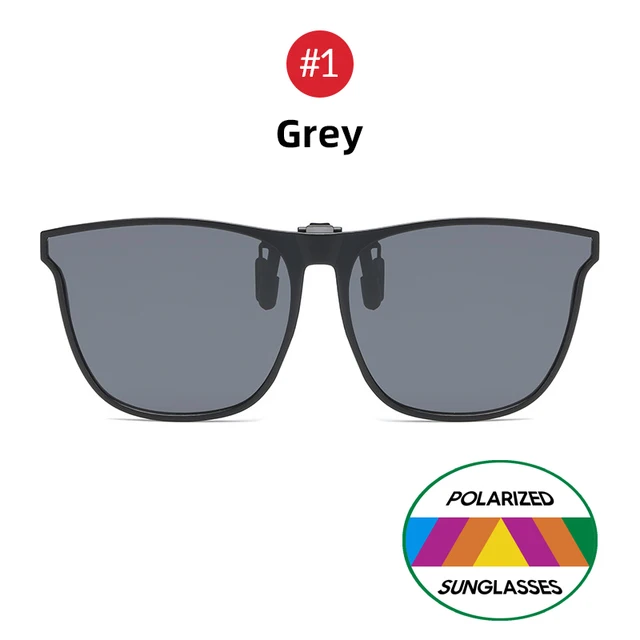
Which polarized lens color is best?
The best polarized lens color depends on your specific needs:
- Gray Lenses: Provide true color perception and are excellent for general use.
- Brown/Amber Lenses: Enhance contrast and depth perception, making them ideal for activities like driving and outdoor sports.
- Green Lenses: Offer a good balance of contrast and color accuracy, suitable for a variety of outdoor activities.
Are grey or brown polarized lenses better?
Both grey and brown polarized lenses have their benefits:
- Grey Lenses: Offer true color perception and are excellent for bright conditions, reducing overall light intensity without altering natural colors.
- Brown Lenses: Enhance contrast and depth perception, making them ideal for activities like driving, fishing, and other outdoor sports where increased contrast can improve performance and safety.
The choice between grey and brown lenses depends on your personal preference and the specific activities you engage in.
Are cheap polarized sunglasses as good as expensive ones?
Cheap polarized sunglasses can provide basic glare reduction and UV protection, but they may not offer the same level of quality, durability, and optical clarity as more expensive models. High-end polarized sunglasses typically use better materials, advanced lens technology, and superior coatings, resulting in clearer vision, better protection, and greater comfort. If you frequently engage in activities where glare reduction is essential, investing in a high-quality pair of polarized sunglasses is worthwhile.




